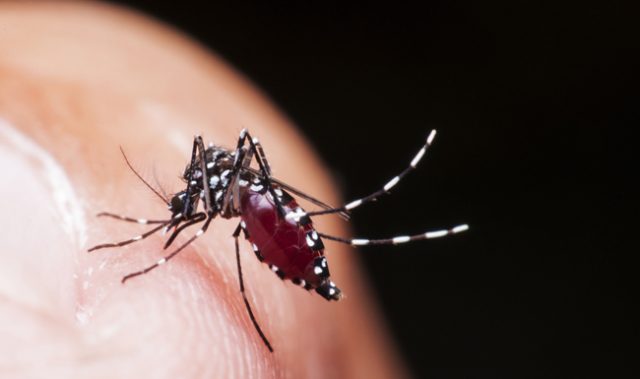
AsianScientist (Sep. 20, 2016) – Researchers in Singapore have shown that antibodies to one virus, under specific conditions, can enhance the infection of a related virus. This study was published in Nature Microbiology.
Often made up of viruses in a non-infectious or weakened state, vaccines trigger the body’s immune system to produce antibodies required for protection. Traditionally, vaccines have been largely administered to children, but vaccinations today need to also be effective in susceptible adult populations, to combat newly emerged viruses such as Zika and dengue.
The research team from Duke-NUS Medical School and Singapore General Hospital, led by co-corresponding authors Professors Ooi Eng Eong and Jenny Low, were able to demonstrate antibody-dependent enhancement (ADE) of a viral infection in a clinical study.
In their study, healthy adult volunteers either received the yellow fever (YF) vaccine only, or the Japanese encephalitis (JE) vaccine followed by the YF vaccine. Compared with volunteers that received the YF vaccine alone, those that were administered the JE vaccine and produced JE antibodies exhibited an enhanced response to subsequent YF vaccination.
The phenomenon they observed has long been thought to be a possible explanation for why some patients with a second dengue infection develop severe disease symptoms. It also suggests that vaccine efficacy can be improved by exploiting cross-reactive antibodies from one virus to another.
The article can be found at: Chan et al. (2016) Cross-reactive Antibodies Enhance Live Attenuated Virus Infection for Increased Immunogenicity.
———
Source: Duke-NUS Medical School; Photo: Shutterstock.
Disclaimer: This article does not necessarily reflect the views of AsianScientist or its staff.












